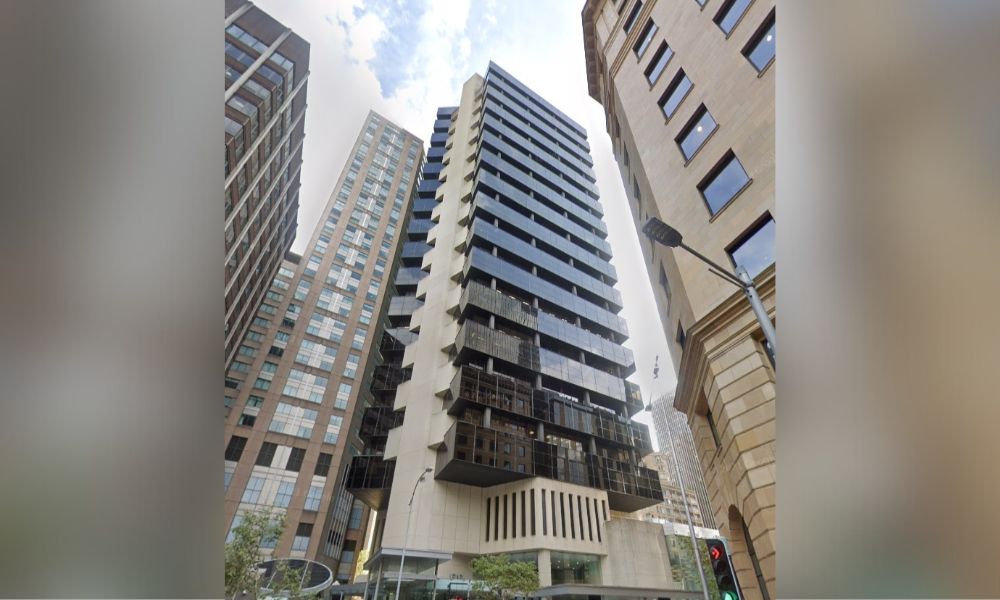Total capital inflows surpass $2 billion mark

Japan emerged as the primary source of foreign investment in Australian real estate in 2023, with total capital inflows exceeding $2 billion, according to the latest Japan-Australia Investment Report.
The figure represents a substantial increase from the $140 million invested in 2022, with Japanese investors increasingly targeting Australian commercial real estate, driven by the market’s potential for growth.
The new report from global law firm Herbert Smith Freehills and the Australian National University revealed that in total, Japanese foreign direct investment (FDI) in Australia reached a new record high in 2023, totalling $133.8 billion or 12% of all FDI in Australia.
In the real estate industry, notable Japanese firms such as Mitsubishi Estate, Mitsui Fudosan, Daiwa House, and Sekisui House have significantly expanded their presence, simplifying the process for other Japanese investors.
The limited number of major developers in Australia, including Lendlease, Stockland, Charter Hall, Mirvac, and Frasers, has created a competitive landscape. This has led to the popularity of club deals, where Japanese investors collectively fund large projects, such as the acquisition of 60 Margaret Street, Sydney (pictured below). These arrangements help mitigate construction risks and allow for the redistribution of stakes among the investors post-construction.

According to the 2023 investment report, major transactions included Daiwa House’s $650 million build-to-rent project in Melbourne and Mitsubishi Estate’s joint ventures in Sydney and Melbourne, accounting for almost 85% of the year’s total Japanese investment in the sector.
Japanese interest in the Australian market is not limited to conventional commercial properties. The build-to-rent (BTR) sector, despite being a new concept in Australia, has attracted substantial Japanese investment due to the ongoing housing shortage. The BTR model is well-understood in Japan, making it an attractive option for Japanese investors familiar with its dynamics.
Additionally, the integration of commercial and residential spaces with transportation solutions, a common development style in Japanese cities, is gaining traction in Australian urban centres like Sydney and Melbourne. Projects like the award-winning One Central Park in Sydney exemplify this trend and have set a benchmark for future developments.
With ongoing governmental efforts to refine policies to attract more institutional investment, particularly in the BTR sector, the report said Australia continues to solidify its appeal to Japanese investors looking for stable and diverse income streams abroad.
“2023 saw an acceleration of sector diversification in Japanese investment in Australia, a trend that has long shown signs of promise but was briefly interrupted by the COVID-19 pandemic,” said Herbert Smith Freehills partner Damien Roberts (pictured). “Investments occurred across a large number of sectors, with the top performing being real estate, consumer goods, and mining.”
Want to be regularly updated with mortgage news and features? Get exclusive interviews, breaking news, and industry events in your inbox – subscribe to our FREE daily newsletter. You can also follow us on Facebook, X (formerly Twitter), and LinkedIn.



